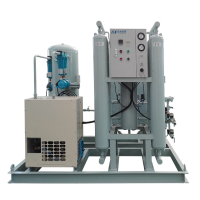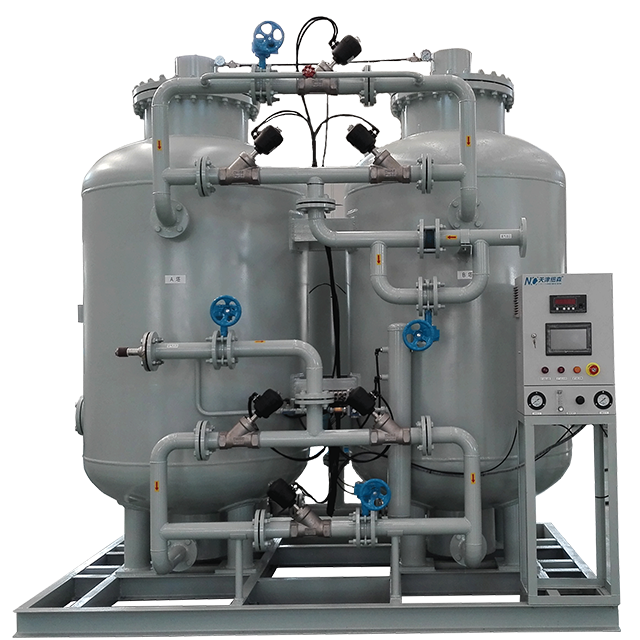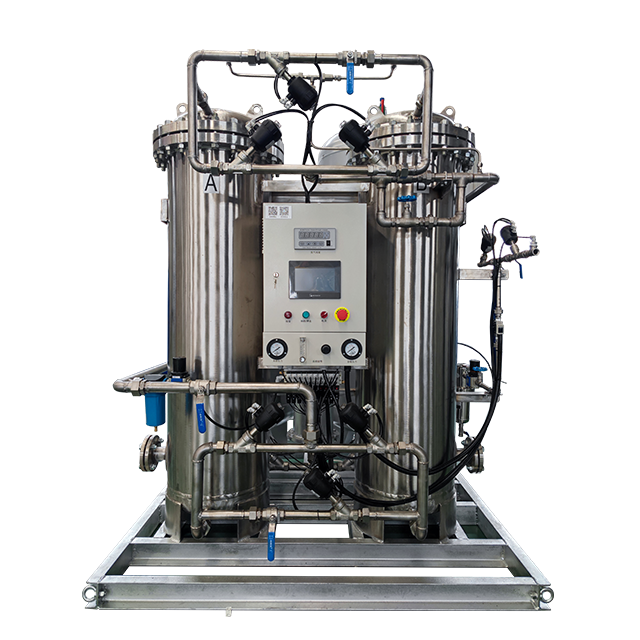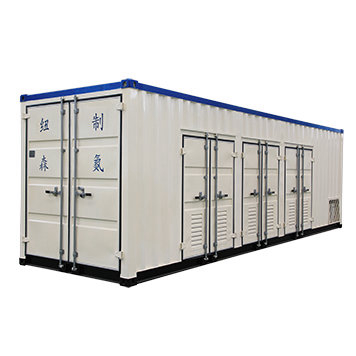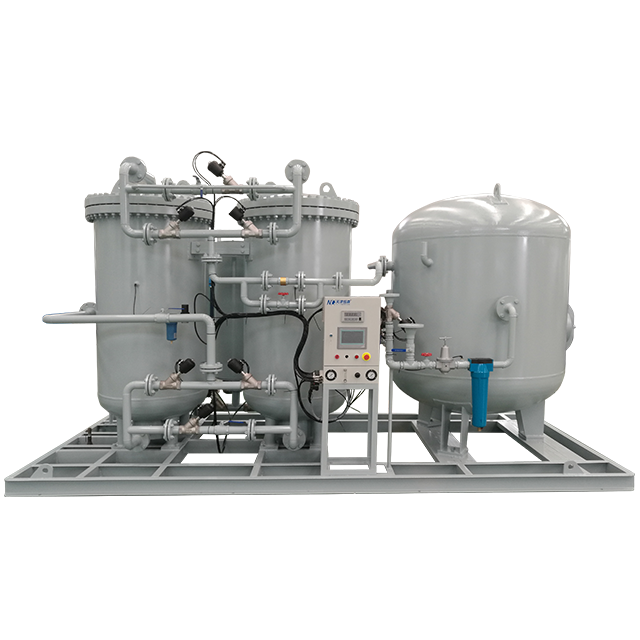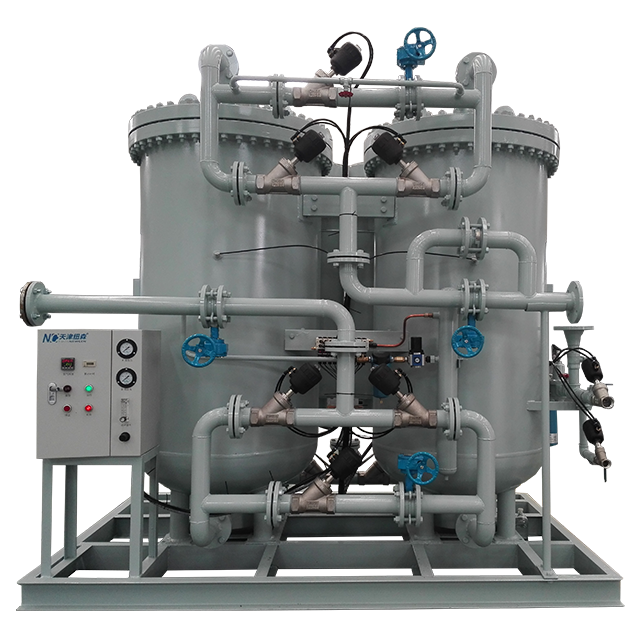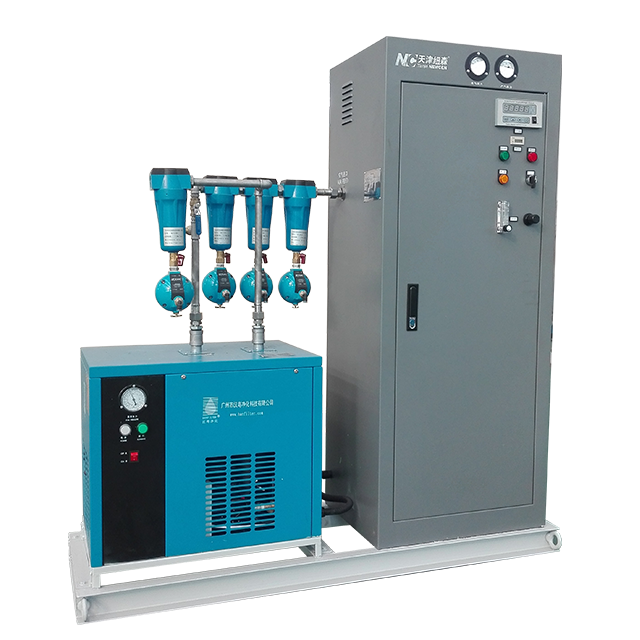
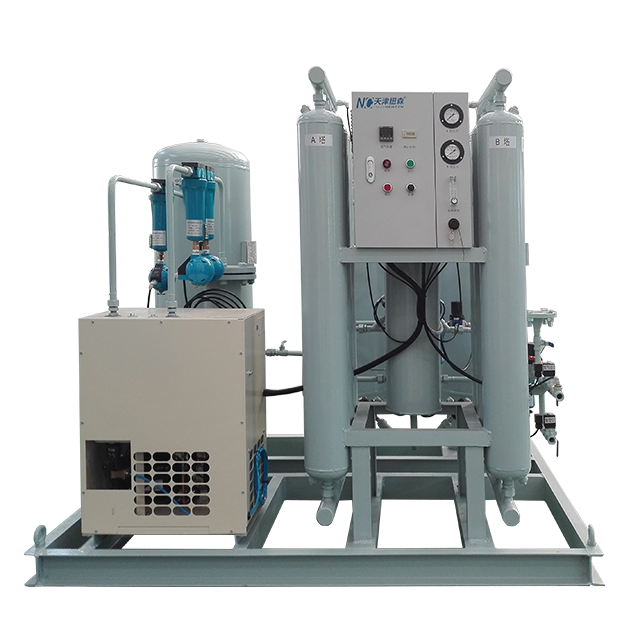

Nitrogen Generators for Scientific Research: Efficient Gas Solutions for Laboratories
In laboratory and scientific research, nitrogen purity and stability are essential. Scientific nitrogen generators are becoming the preferred choice for labs, research institutions, and industrial experiments due to their efficiency, stability, and cost-effectiveness. This article introduces the features and advantages of scientific nitrogen generators, helping you understand how to choose the right nitrogen equipment for your lab.
?Core Advantages of Nitrogen Generators for Scientific Research
1. High-Purity Nitrogen ?
Scientific nitrogen generators can provide nitrogen with 99.99% purity or higher, meeting the strict requirements of various research experiments. High-purity nitrogen reduces impurities, ensuring data accuracy in experiments.
2. Easy Operation and Cost Savings ?
Scientific nitrogen generators are easy to operate, often using PSA (Pressure Swing Adsorption) technology to supply stable nitrogen at a lower operating cost, avoiding frequent replacement and transportation fees for bottled nitrogen.
3. Continuous and Stable Gas Supply ?
Traditional bottled nitrogen requires periodic replacement and has limited storage time. Nitrogen generators provide continuous gas supply, reducing the hassle of frequent replacements and ensuring consistency in research.
4. Space-Saving, Eco-Friendly, and Energy-Efficient ?
Nitrogen generators are compact and can fit in limited lab spaces. Compared to traditional nitrogen cylinders, nitrogen generators produce no waste gases, minimizing environmental impact and reducing the lab’s carbon footprint.
?Applications of Nitrogen Generators in Scientific Research
1. Gas Supply for Analytical Instruments ?
Many laboratory instruments such as gas chromatographs, liquid chromatographs, and mass spectrometers require high-purity, stable nitrogen as a carrier or shielding gas. Nitrogen generators provide a continuous, suitable gas supply to ensure the accuracy of experimental analyses.
2. Chemical and Biological Experiments ?
In chemical and biological experiments, nitrogen is often used to maintain an oxygen-free environment to prevent oxidation or degradation of samples. Nitrogen generators provide a stable, oxygen-free environment, making them ideal for chemical laboratories.
3. Materials Science and Semiconductor Manufacturing ?
Materials science and semiconductor manufacturing require oxygen-free environments, making nitrogen purity and continuous supply essential. Nitrogen generators are widely used in these fields due to their stability and high-purity supply.
?How to Choose the Right Nitrogen Generator for Scientific Research
1. Determine Required Nitrogen Purity and Flow Rate ?
Choose a nitrogen generator capable of providing the necessary purity and flow rate for your experiments. Higher purity often requires more complex equipment and may increase costs.
2. Equipment Durability and Maintenance Costs ?
Select a durable and low-maintenance device to save time and costs in the long run, ensuring consistent operation.
3. Choose a Brand with Good After-Sales Service ?
When purchasing a nitrogen generator, choose a supplier with reliable after-sales support to ensure prompt assistance when issues arise.
?Conclusion
Nitrogen generators for scientific research provide stable, efficient, and eco-friendly nitrogen solutions, allowing researchers to focus more on scientific research rather than logistics. By choosing the right nitrogen generator, laboratories can significantly improve efficiency and ensure the accuracy and consistency of experimental results.
聯系我們
Honesty and pragmatism, pursuit of excellence
We are a professional manufacturer of nitrogen generators



